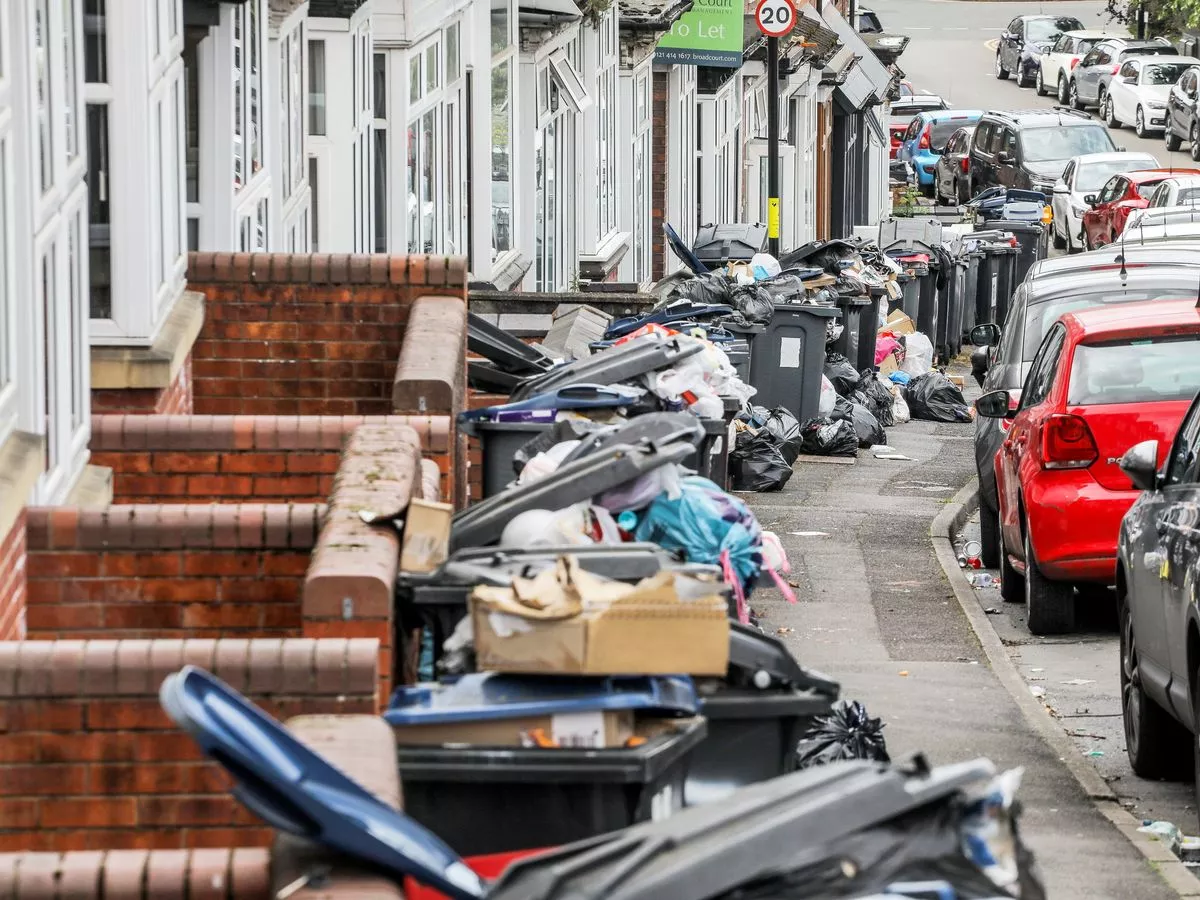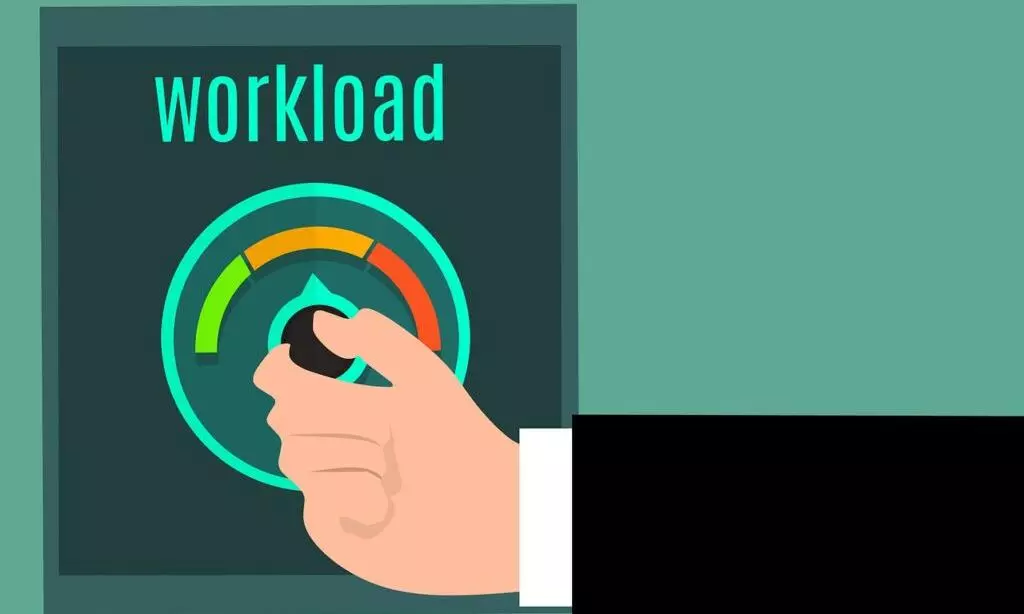By Jamie Brassington
Copyright birminghammail

Birmingham has been ranked among the 10 worsts area in the UK for an unpleasant statistic. The city was ranked eighth worst for bin complaint intensity following a study by Rainbow Rubbish Removals. Birmingham received an overall complaint intensity score of 6.92 out of 10, falling behind places like Bradford, Derby and Leeds. READ MORE: I visited village inside ‘best area to live’ and it’s plagued by an issue I wasn’t expecting Get breaking news on BirminghamLive WhatsApp , click the link to join However the city came highest for the number of complaints per 10,000 residents, receiving a score of 72. The findings won’t come as a surprise to many Brummies after the city’s refuse workers have staged all-out strikes since March. The industrial action has seen uncollected rubbish piled high on streets , prompting complaints about rats, flies and foul odours. Earlier this month, Birmingham’s bin strikes reached their six-month mark. However industrial action doesn’t appear to be ending any time soon, with Unite announcing workers could carry on striking until March. The most reported issues were missed collections (21.5%) and overflowing bins (12.8%), showing that residents are primarily frustrated by service consistency rather than extreme health hazards. Miroslav Radov, waste expert at Rainbow Rubbish Remova ls said: “Bin complaints might seem minor, but they’re a clear warning sign of wider problems in our waste systems. “Reports of overflowing rubbish, missed collections, and vermin reflect both stretched local services and growing community frustration. “These aren’t just appearance issues, they pose genuine health and environmental risks. “With major recycling reforms underway to standardise collections and reduce landfill, councils are under pressure to adapt. “Rising landfill taxes, stricter recycling targets, and growing populations are making waste management one of the most pressing public services. “If these challenges aren’t tackled head-on, we risk not only more complaints but also greater health risks and lower public confidence in recycling. Investment, better communication, and smarter waste solutions will be key to ensuring efficient service delivery and safeguarding community well-being.”



